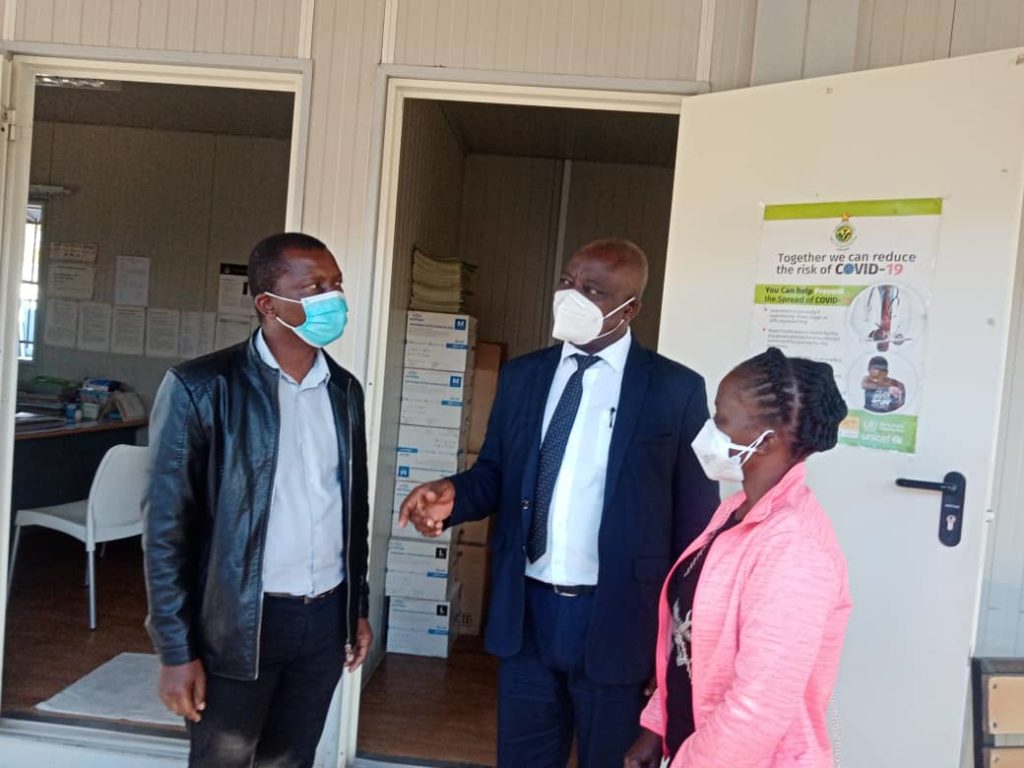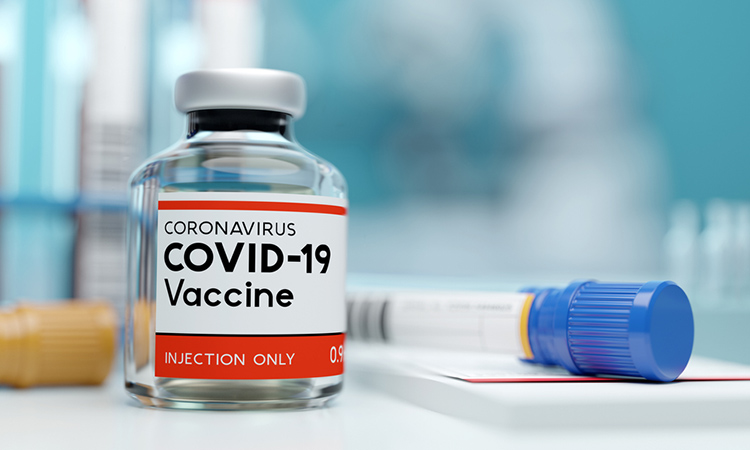By Tinashe Mungazi
The government says it is still studying the Chinese vaccine, Sinovac based on the Asian country’s experiences before it can administer it to children, pregnant and breastfeeding women.
China recently authorized the emergency use of Sinovac Biotech Ltd’s coronavirus vaccine for children, becoming the first major country to grant approval for those as young as three. Though the World Health Organization (WHO) approved the Sinovac vaccine, which is being distributed to low- and middle-income countries for emergency use in adults, aged 18 and older, it has however given no indication of when it might approve it for those younger.
While the WHO does not currently recommend vaccinating children against coronavirus, the United States, Britain, Singapore and the European Union have approved the Pfizer-BioNTech vaccine for those as young as 12.
Vaccines are often approved separately for adults and children because younger immune systems may react differently to the doses.
Experts say inactivated vaccines are generally considered safe for children, as the technology has been in use for a long time, such as in mandatory childhood immunization programs, and have shown low risk. Sinovac’s shot has been shown to be effective in preventing severe disease and hospitalization.
Zimbabwe has been using the Sinopharm and Sinovac vaccines to inoculate its adult population with the government saying it had paid for 12 million doses.

However, the deputy minister of Health and Child Care, Dr John Mangwiro said the country was not yet to roll out the vaccines to children as it was still studying it.
“For the kids between 3 to 17 years of age, we are still going through our studies that have been done by Sinovac which has done that in China. Once we have clear details and understanding between our paediatricians who are specialists, the Medicines Control Authority of Zimbabwe and ourselves, we might then tell the nation what we are going to do later on. As a nation, we always have a policy to make sure we scrutinize whatever we are going to give to the people that we understand it to the detail via our own scientists,” said Dr Mangwiro.
He said the same issue on breastfeeding and pregnant women would be clarified once studies were concluded. Although demand for the vaccines has been increasing, very few pregnant and breastfeeding women have been taking the jabs, fearing the drug could have adverse effects on their children.

“As for whether to vaccinate pregnant or breastfeeding women all that will be clarified once we get every data together. There is a difference if it’s done somewhere, as a country we need to be very clear also and look at our population. We are a sovereign state and we need to be clear with what we are giving our people so that our people are safe. So it’s important that we are going through this and we are not going to take any time where we are supposed to give people medicine we will not stop. I want to reassure the nation that the country has bought a total of 12 million vaccines paid for cash it’s just delivery timetables that are going on.”
The minister who was in Hwange on Thursday where he met stakeholders under the Covid 19 taskforce banner called on vaccinations site to be increased to meet the demand for the vaccine.
“We want people to go and get vaccinated I see there are lots of queues so we are going to make sure here in Hwange the outlets for the vaccination are going to be many and outreach trucks are going to be all over the place and make sure Hwange is vaccinated. We want to make sure that everyone is vaccinated against this disease, be it at workplaces or churches because that is the way to save lives we have a good example of Vic Falls who achieved herd immunity. The majority of cases of those who have been infected in this district are from Hwange because there were not vaccinated,” he said.
Zimbabwe approved the use of five vaccines namely the Sinopharm and Sinovac vaccines from China, Sputnik V from Russia and Covaxin from India and the single-dose British Johnson and Johnson.

